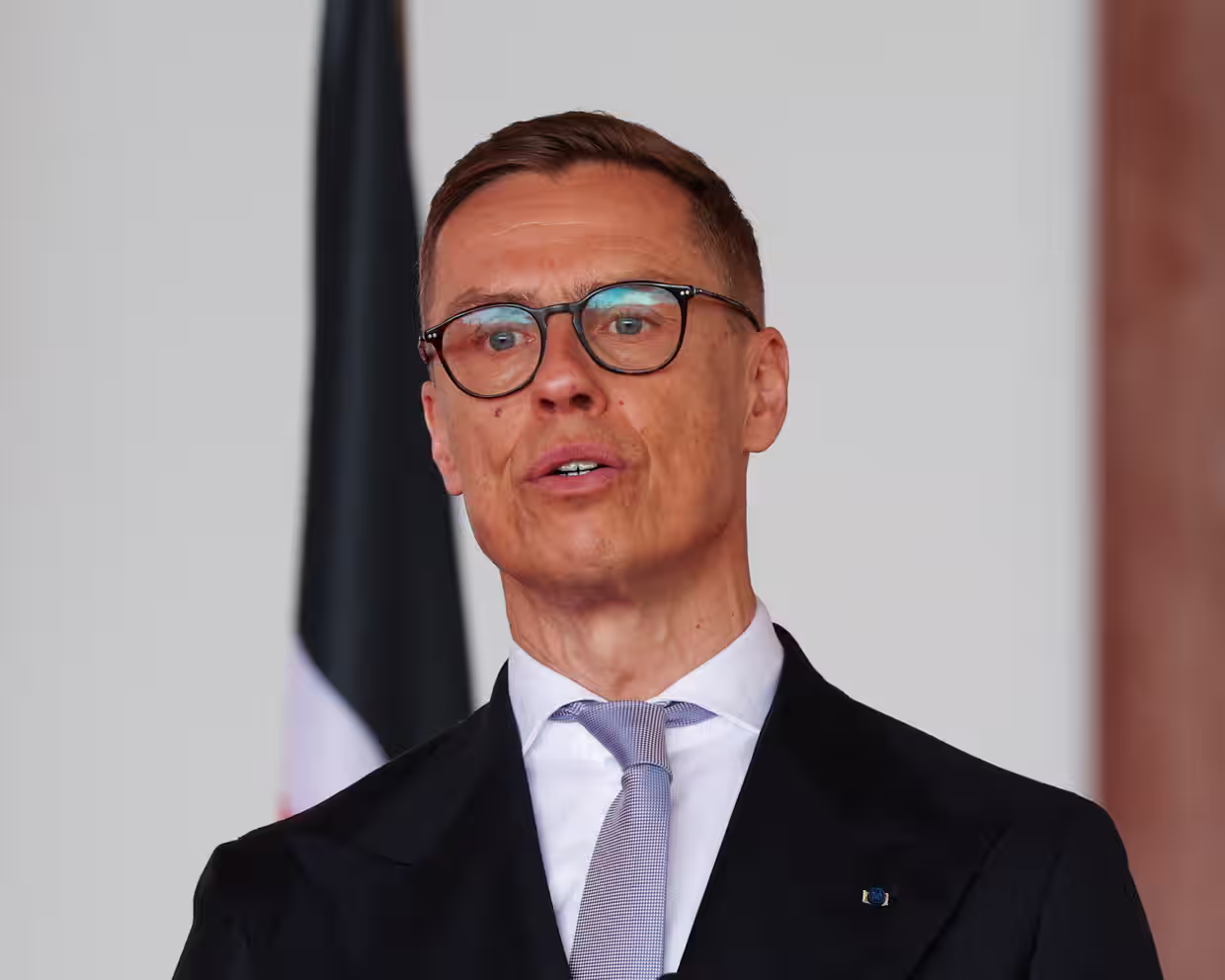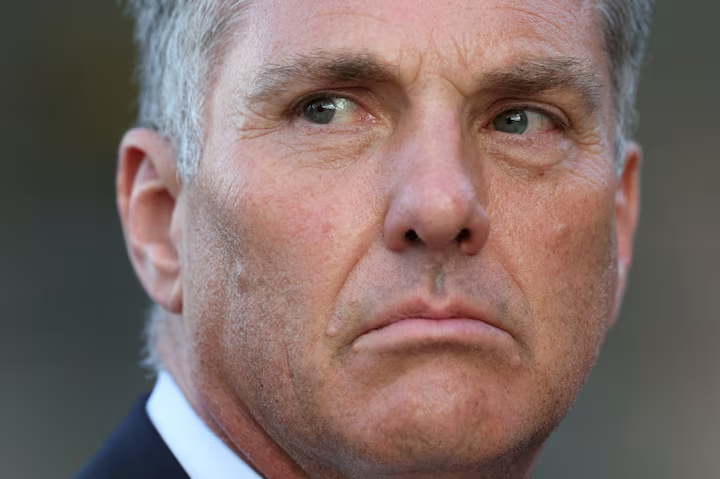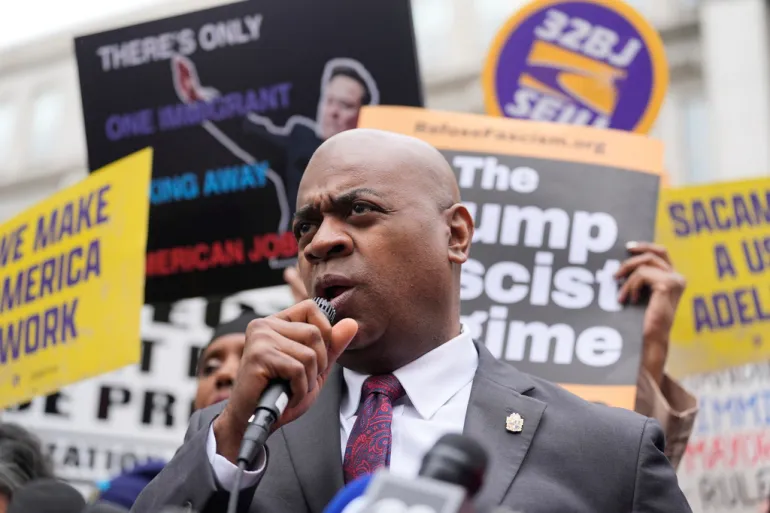Finnish President Alexander Stubb has said that U.S. President Donald Trump is showing signs of losing patience with Russia over its ongoing war in Ukraine, in what may signal a shift in the American administration’s approach to the conflict. In remarks made following a high-level Nordic summit in Helsinki, Stubb noted that Trump’s tone has noticeably hardened in recent closed-door meetings, indicating potential pressure on Moscow to de-escalate.
“There is no doubt in my mind that President Trump is running out of patience with President Putin,” Stubb said in an interview with The Guardian. “While the messaging remains careful in public, privately there are clear signals that the White House is considering tougher options if this war drags on.”
Stubb’s comments come amid a continued Russian offensive in eastern Ukraine and faltering peace talks in Istanbul. Despite earlier skepticism surrounding Trump’s commitment to Ukraine and NATO solidarity, the Finnish president’s remarks suggest that the American leader may now be more inclined to confront the Kremlin—especially as U.S. allies call for stronger deterrence.
Trump, who returned to office after winning the 2024 election, has faced criticism at home and abroad for what some have seen as an inconsistent stance on Ukraine. Though he initially called for peace negotiations and questioned the level of military aid to Kyiv, recent reports indicate his administration is quietly considering additional pressure measures—including expanding sanctions and providing conditional defense support.
According to European diplomats familiar with recent transatlantic talks, Trump’s aides have conveyed growing frustration over Russia’s refusal to engage meaningfully in diplomatic efforts. “The Americans are increasingly convinced that Putin is stalling for time,” one EU official told The Guardian. “They’re not ruling anything out anymore.”
President Stubb, whose country joined NATO in 2023, has emerged as a key European voice in support of Ukraine. Finland, sharing a long border with Russia, has pushed for tighter NATO coordination and greater military readiness across northern Europe. Stubb praised the recent realignment of U.S. messaging, saying it had helped reassure nervous allies along NATO’s eastern flank.
Despite these developments, Trump has not made any public statement indicating a clear pivot in strategy. His last major speech on Ukraine called for an immediate ceasefire but avoided any condemnation of Russia’s territorial advances. White House officials have downplayed speculation, emphasizing that the administration is pursuing “a results-based approach to peace.”
Critics remain wary. Democrats in Congress have questioned Trump’s resolve, citing his earlier statements minimizing the threat from Russia. Senator Chris Murphy (D-CT) said Trump’s track record doesn’t support the idea of a real strategic shift. “He’s said a lot of things behind closed doors—but what really matters is action. So far, we’re not seeing it.”
Meanwhile, Ukrainian President Volodymyr Zelenskyy continues to urge Washington to maintain strong military support and diplomatic backing. During a recent meeting in Bratislava, Zelenskyy reportedly raised concerns that soft U.S. language was emboldening Moscow. Finnish and Baltic leaders echoed those concerns, warning that any perception of Western weakness could prolong the war.
Stubb’s comments appear timed to nudge the U.S. toward greater clarity in its position. He emphasized that European unity depends on strong American leadership. “We have always counted on the U.S. to lead in moments of crisis,” he said. “Now is not the time for hesitation.”
As the conflict in Ukraine grinds into its third year with no decisive breakthrough, attention will turn to whether Trump’s administration will translate frustration into action—and whether that will shift the war’s trajectory or Europe’s strategic balance.
Source: The Guardian



